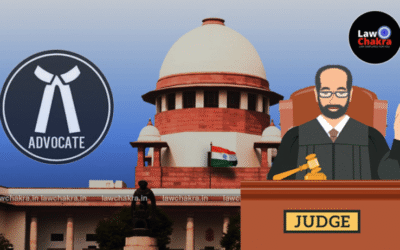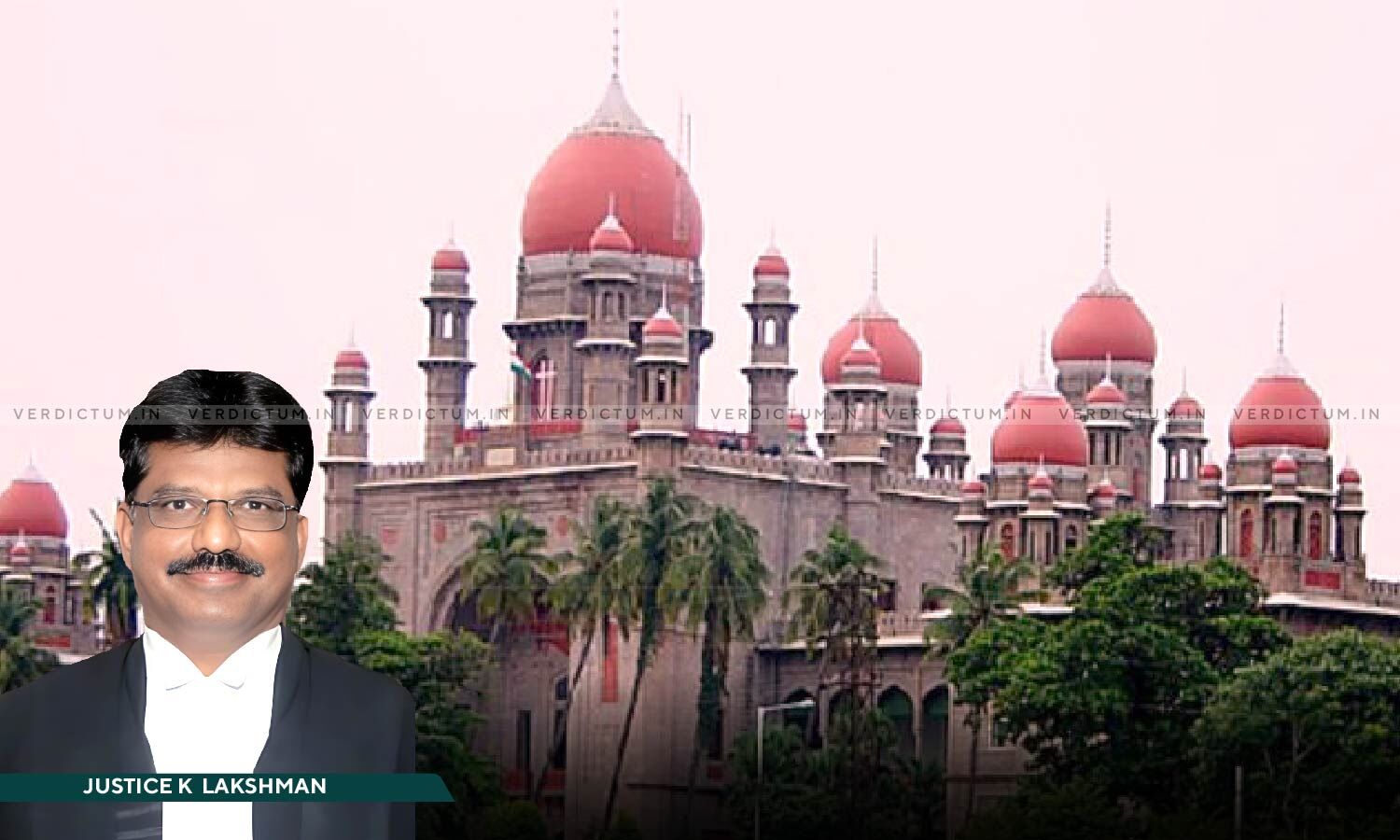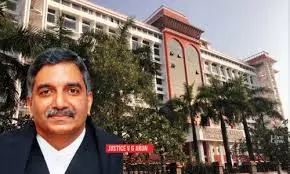What Should Arbitrators Do When Fraud Is Suspected? Insights From CJI BR Gavai, Justice Nath & SG Mehta

Top Indian legal minds stress that arbitrators must act with caution, fairness, and integrity when fraud is suspected—even if not formally raised.

London: In a major legal discussion held in London, Chief Justice of India (CJI) BR Gavai, Supreme Court Judge Justice Vikram Nath, and Solicitor General of India Tushar Mehta spoke about how arbitrators should act when they suspect fraud or corruption in arbitration, even if neither party has raised it officially.
The panel, titled
“Arbitrators, fraud concerns, and the courts: What can and should Arbitrators do when Fraud/Corruption is suspected (but not pleaded), and how can and should the Courts help or restrain Arbitrators?”
brought together legal experts from India and around the world.
Speaking on the subject, CJI BR Gavai said that
“arbitrators should take reasonable procedural steps when fraud is suspected.”
He emphasised that while taking such steps, arbitrators must be careful and ensure fairness in the process.
he explained,
“These steps must be taken carefully to balance efficiency with due process, and to avoid prejudicing either party without evidentiary justification,”
CJI Gavai also highlighted that sometimes a party may try to point out corruption indirectly—by showing signs or “red flags”—in hopes that the arbitration panel will act on them.
he stated,
“In such scenarios, arbitrators may take measures such as ordering further fact-finding or expert analysis, suspending proceedings during parallel investigations, and reporting confirmed corruption findings to relevant state authorities, with disclosure of information sometimes required by public policy, including anti-money laundering regulations, despite the confidentiality of arbitration,”
Adding to the discussion, Justice Vikram Nath referred to the landmark case of Nigeria v. P&ID, where the UK High Court cancelled a huge $11 billion arbitral award against Nigeria.
The court found that the award was achieved using fraud, which included bribery, misuse of confidential documents, and false testimony.
Justice Nath pointed out that
“one cannot lose sight of the fact that such fraud and corruption will have larger implications in international commercial arbitration when the government is a party and public funds are involved.”
He stressed the seriousness of such cases by stating,
“Consider the travesty of justice that would have been caused where the arbitral award imposed a liability of $11 billion, and to put things in perspective, this amounted to nearly half of Nigeria’s annual budget of 2023. To think that such an award was attained by using deceitful means, and would have been enforced if not for the court’s decision.”
Justice Nath made it clear that even in arbitration, the truth must come out.
“The endeavour of truth seeking in disputed matters cannot be abandoned in the name of arbitration.”
He also talked about power imbalances in international arbitration cases and how important it is for arbitrators to keep this in mind.
he said,
“Therefore, honesty and integrity should be made the bedrock of the profession, and then only the arbitration process will bear fruit for results,”
Solicitor General Tushar Mehta also gave his views and said that fraud in arbitration is not always against the government.
Sometimes even private parties can work together to manipulate the process.
Mehta said,
“What would happen if the arbitrator were to notice such a collusion? There has to be an answer. The answer is definitely that he has to intervene. He owes a duty to himself, first of all, to intervene and he owes a duty to the parties to intervene. But the problem will be to what extent he will do that,”
He also pointed out flaws in how arbitration clauses are written in contracts.
he noted,
“In arbitral contracts or contracts containing an arbitration clause, drafting is extremely important, but is often found lacking,”
ALSO READ: CJI BR Gavai: “Judges Should Remain Free from External Influence”
He ended by reminding everyone about the importance of an unbiased tribunal, saying,
“Another important consideration is the absolute impartiality of the tribunal.”
The discussion was also attended by several international and Indian legal professionals including Steven P Finizio (Partner, Wilmer Hale), Genevieve Poirier (Partner, Lalive), Siddharth Dharmadhikari (Additional Advocate General of Uttar Pradesh), and Abhikalp Pratap Singh (Partner).
Click Here to Read Our Reports on Tahawwur Rana’ Case





